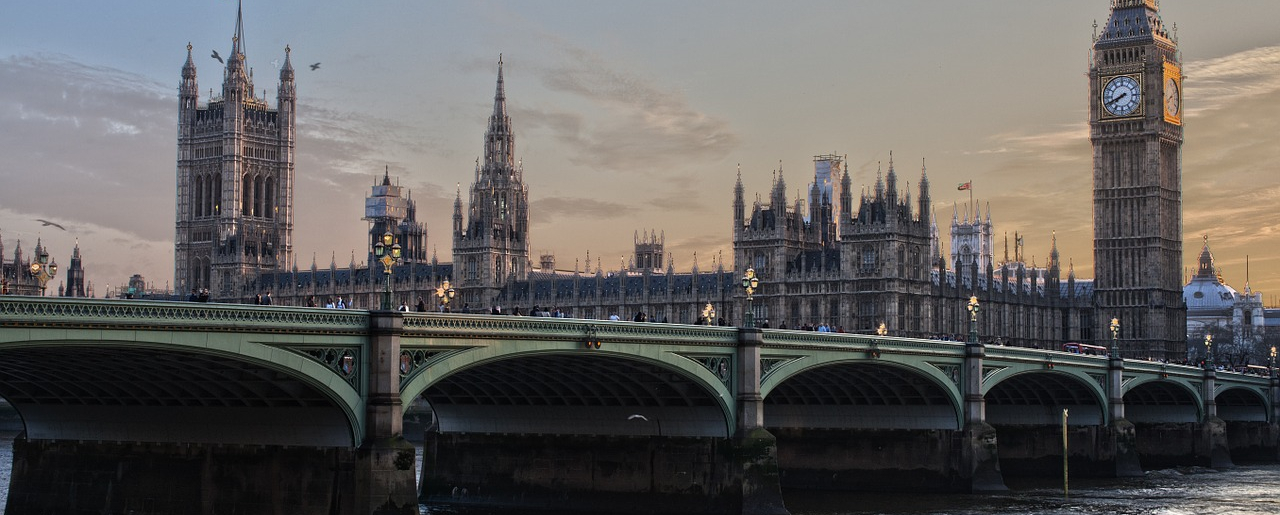The coronavirus pandemic has placed huge restrictions on all our lives and required the Government to introduce rules which few of us could have imagined a year ago.
The public’s co-operation with all these measures has been amazing. More than 85 per cent of people always, or nearly always, comply. People have made real sacrifices in the interests of public health and to protect the most vulnerable. The sense of community has shone through.
But there is one area where compliance is poor: self-isolation following a positive test for Covid, or when showing symptoms. The latest data suggests three in 10 people who should self-isolate don’t, and the reason is clear: they can’t afford to. It’s rightly been described as a ‘gaping hole’ in the Covid strategy, and it needs to be fixed if we are to emerge safely from this pandemic.
There are a number of measures that should have been introduced months ago, and need to be put in place now. Those who need to self-isolate must be given adequate support rather than having to rely on pitifully low levels of statutory sick pay – the lowest among developed countries.
Other countries have shown the way on this. In New York, for example, self-isolation rates are high because people are given financial support. They’re even offered rooms in hotels if they cannot self-isolate at home because they live in overcrowded housing. In Australia, people are offered a lump sum payment of about £840 if they have to self-isolate for two weeks, or care for someone who is self-isolating. Compare that to the derisory £95 a week that people are expected to survive on in the UK.
Although a discretionary payment of £500 is available, the process of applying for it is complicated and too many people are ineligible, so fewer than one in three applicants receive the support.
The Government’s whole Covid strategy appears to be based on a successful vaccine rollout – and it has been very impressive, thanks to our NHS and thousands of staff, retired staff and volunteers who are helping deliver it.
But vaccines alone will not help us emerge from the shadow of this pandemic. We need to keep transmission rates low, not least to reduce the risk of mutations, and that requires a properly functioning test, trace, isolate and support system.
With the Budget this week, the Chancellor has a chance to remedy this gap in the Covid strategy. It’s not only employees who need support – so do businesses. Many have benefitted from business rates relief since last March, bounce back loans, the furlough scheme for staff and a reduction in VAT. But they face a cliff-edge if this support is withdrawn at the end of this month – at the very moment when the ‘roadmap’ out of lockdown gives them the chance to plan for the future.
I wrote to the Chancellor last month urging him to continue this support, and nearly 200 businesses in my Brighton Pavilion constituency added their names. He has indicated that new grants will be made available, though we don’t yet know if these will be in addition to existing support or instead of it.
There are other gaps he needs to address too, not least the abandonment of millions of so many self-employed people. They include freelancers, people who became self-employed too late to benefit from the self-employed support scheme, and nearly 2 million directors of small limited companies. All have been left with nothing since this crisis began 11 months ago and have become increasingly desperate.
When the Prime Minister tells the Commons that he won’t ‘pull the rug out’ from under businesses as lockdown eases, he needs to remember that the millions of excluded people never had a rug in the first place. That needs to be remedied.
The Government’s handling of this pandemic has been a shambles from the start, and it’s left the UK with one of the highest death rates in the world. The Prime Minister, at last, seems to be learning from his multiple mis-steps and has set out a more cautious exit from lockdown this time.
If it’s to work and we are to control the virus and emerge with businesses and livelihoods still intact, it needs to be properly funded. Over to you, Chancellor.

